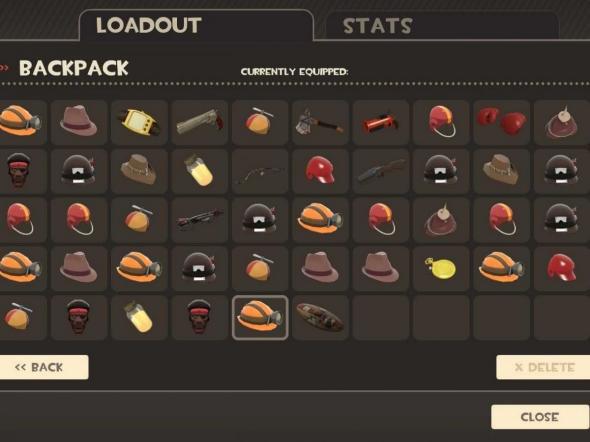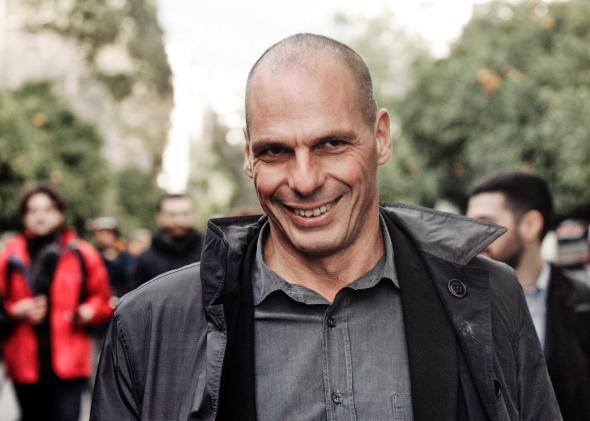This post originally appeared in Business Insider.
Yanis Varoufakis is one of the most important men in Europe right now. He’s Greece’s new finance minister, and he is trying to secure a new bailout deal for the country.
But Varoufakis hasn’t always been a politician. He was hired in March 2012 by Valve Corporation, the company behind some of the world’s most loved games.
Valve is known for games like Half-Life, Counter-Strike, and Team Fortress 2. It also runs the Steam video game platform that lets people play games online. That’s where Varoufakis comes in.
Games like Counter-Strike have in-game economies powered by real money. Customers can pay for items in games like new guns or even in-game clothes. But Valve games often allow players to trade items with one another, meaning that an economy forms as users set their own resale values on virtual items.
Team Fortress 2, for example, has an economy based around hats:

Courtesy of Steam via Business Insider
Varoufakis was hired by Valve as its economist-in-residence. He oversaw the virtual economies in Valve games and was allowed to experiment with the online markets. Varoufakis referred to the role as “an economist’s paradise” in a post on the official Valve blog.
It’s difficult to pin down exactly what Varoufakis did at Valve (managing video game economies is a pretty broad task). But here’s how he describes his role:
My intention at Valve, beyond performing a great deal of data mining, experimentation, and calibration of services provided to customers on the basis of such empirical findings, is to to go one step beyond; to forge narratives and empirical knowledge that (a) transcend the border separating the ‘real’ from the digital economies, and (b) bring together lessons from the political economy of our gamers’ economies and from studying Valve’s very special (and fascinating) internal management structure.
